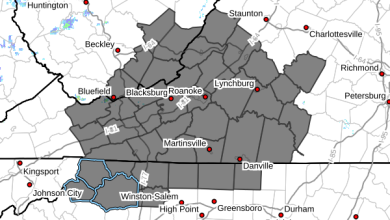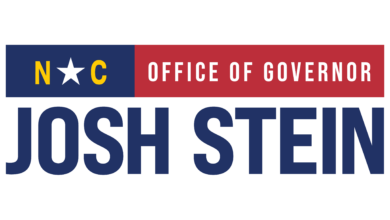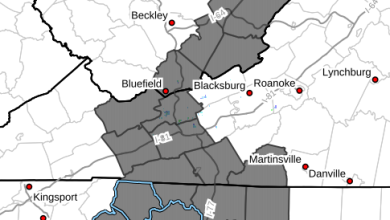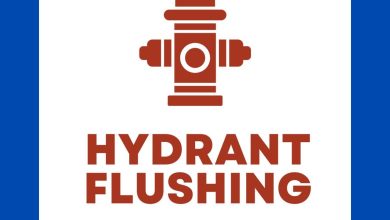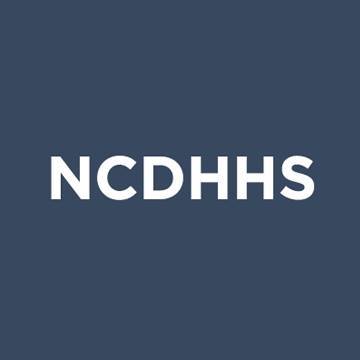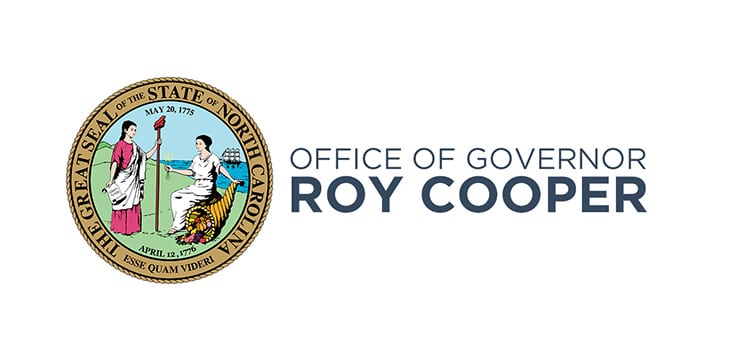
Last Updated on September 30, 2020 2:53 pm
Safety precautions set for large outdoor and some indoor venues
RALEIGH: North Carolina will ease cautiously some restrictions while continuing safety measures to combat the spread of COVID-19 as the state’s metrics remained stable in September, Governor Roy Cooper announced today.
“Our top priority remains getting children back to in-person learning. This month marks a major shift for many families now and in the coming months as schools open their doors, some for the first time since the pandemic,” said Governor Cooper. “The virus continues to spread, so we must take the next steps methodically, and responsibly.”
“We must continue our hard work to slow the spread of this virus,” said Secretary Mandy K. Cohen, M.D. “By practicing the 3Ws — wear, wait and wash, — getting your flu shot, and downloading the SlowCOVIDNC app, each of us can protect the progress we have made.”
Dr. Cohen reviewed the state’s key metrics:
Trajectory in COVID-Like Illness (CLI) Surveillance Over 14 Days
- North Carolina’s syndromic surveillance trend for COVID-like illness has a slight increase.
Trajectory of Confirmed Cases Over 14 Days
- North Carolina’s trajectory of lab-confirmed cases is level.
Trajectory in Percent of Tests Returning Positive Over 14 Days
- North Carolina’s trajectory in percent of tests returning positive is level.
Trajectory in Hospitalizations Over 14 Days
- North Carolina’s trajectory of hospitalizations is level.
In addition to these metrics, the state continues building capacity to adequately respond to an increase in virus spread in testing, tracing and prevention.
No-cost testing events are being deployed across the state and testing turnaround times are improving. New contact tracers are bolstering the efforts of local health departments. A new NCDHHS app, SlowCOVIDNC, is notifying users of exposure to the virus. Personal protective equipment (PPE) supplies are stable.
As these metrics and capacity remain stable, the state will ease some restrictions starting Friday. Executive Order 169 begins Oct. 2 at 5 p.m. and continues for three weeks through October 23. Its new provisions include:
- Large outdoor venues with seating greater than 10,000 may operate with 7% occupancy for spectators.
- Smaller outdoor entertainment venues, like arenas or amphitheaters, may operate outdoors at 30% of outdoor capacity, or 100 guests, whichever is less.
- Movie theaters and conference centers may open indoor spaces to 30% of capacity, or 100 guests, whichever is less.
- Bars may operate outdoors at 30% of outdoor capacity, or 100 guests, whichever is less.
- Amusement parks may open at 30% occupancy, outdoor attractions only.
- The limits on mass gatherings will remain at 25 people indoors and 50 people outdoors.
- The 11 pm curfew on alcohol sales for in-person consumption in locations such as restaurants and outdoor bars will be extended to October 23.
State and public health officials will continue watching the key COVID-19 trends over the next several weeks to determine if any further restrictions can be eased when the current Executive Order expires October 23.
Read Executive Order 169.
Read the FAQs on Executive Order 169.
Read the slides from today's briefing.







